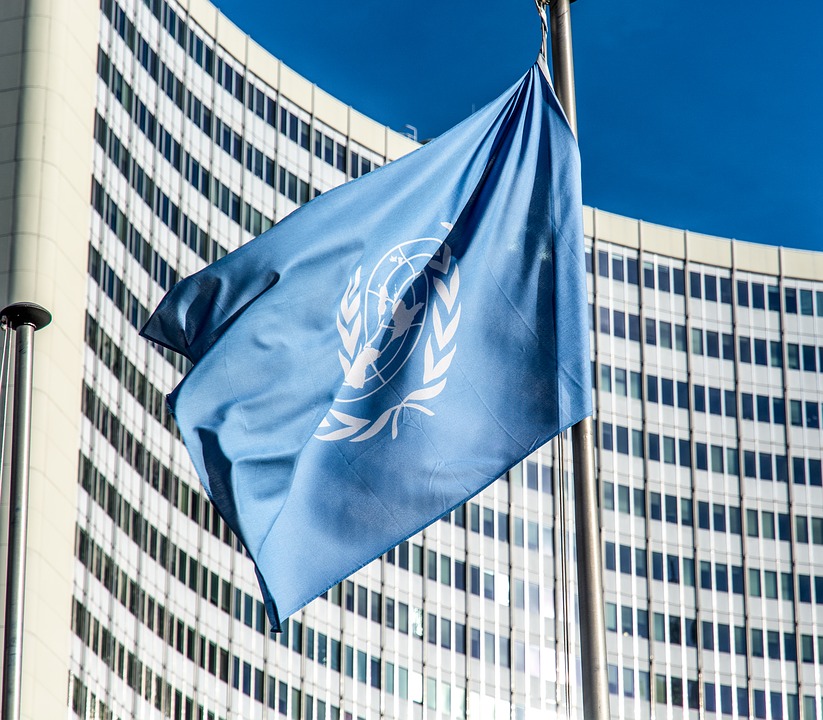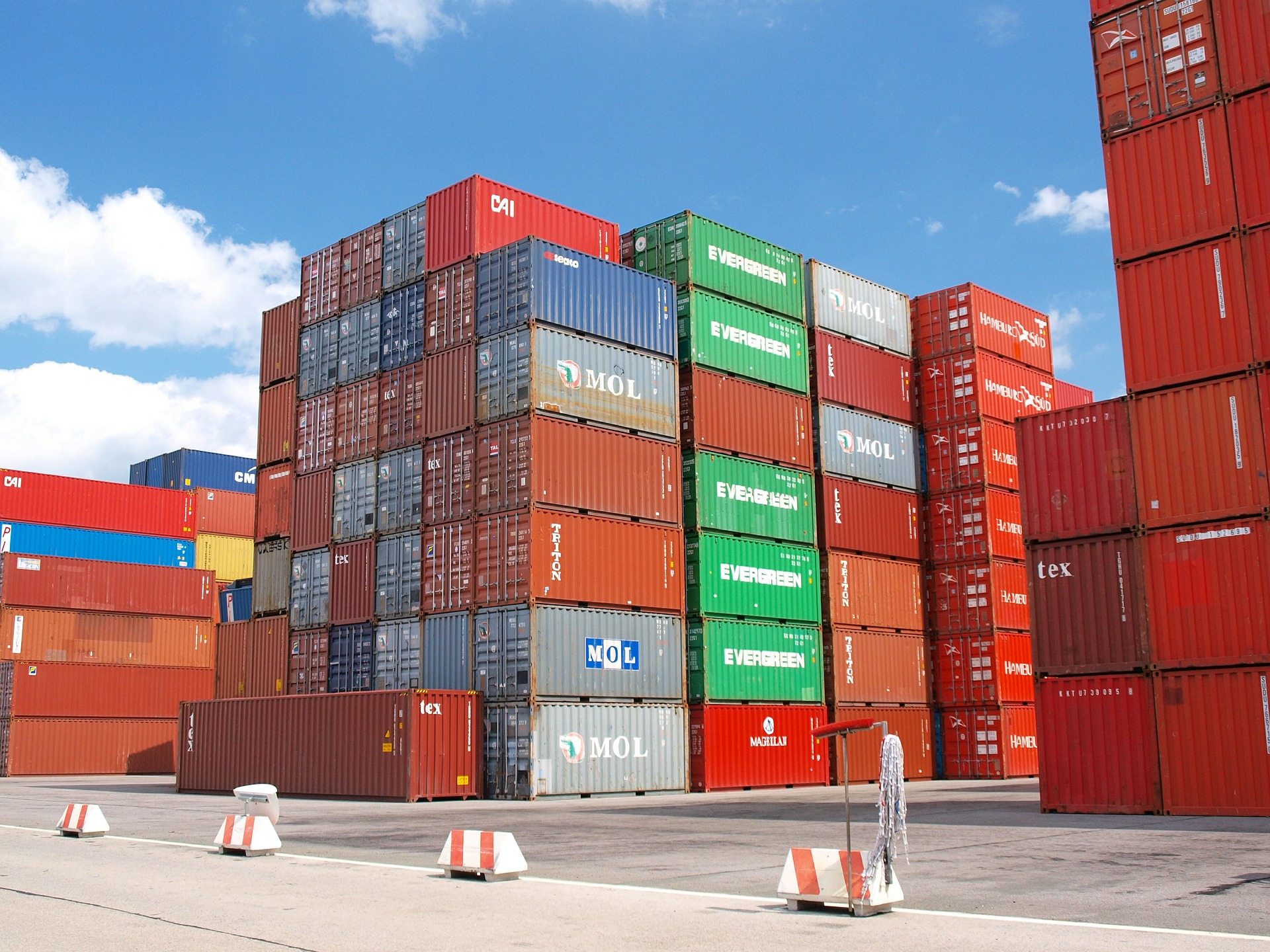By Josh Macfarlane
The Trans-Pacific Partnership (TPP) has had quite the summer. With the help of some adroit political maneuvering and an unexpected alliance between President Obama and congressional Republicans, Congress just managed to pass the necessary legislation to advance the trade deal to the next state of negotiations. The TPP, an international trade deal representing 40% of global GDP, is particularly divisive within the President’s own party. Many criticize the deal for neglecting labor rights, sacrificing American jobs, and the clandestine nature of the negotiations. But it is the Investor-State Dispute Settlement (ISDS) clause that perhaps provokes the most ire.
The ISDS provision essentially allows investors from one country to file claims against the government of another. Controversially, an international tribunal, which operates outside the confines of domestic courts and laws, adjudicates the claims. For supporters, the tribunal promotes neutrality, fairness, and predictability. For critics, it represents an unprecedented cession of power to an unaccountable body.
Critics argue that the ISDS provision allows investors, including multinational corporations, to circumvent United States law, thereby undermining national sovereignty. There is some truth to this. After all, the tribunal’s decision cannot be appealed in a nation’s courts. Making matters worse, foreign investors do not even need to file a claim to get their way. Merely threating to bring a claim has proven sufficient. Earlier this year, the Guardian reported that an American tobacco company effectively threatened the Canadian government with an ISDS claim, forcing them to withdraw a proposal that would require plain packaging on tobacco products. Critics see this as the beginning of the end: the TPP will enable foreign corporations to bring claims against the government—at the state, federal, and local levels—on the grounds that a domestic law is discriminatory. To put it another way, a Japanese corporation could bring a claim against the government of Billings, Montana on the grounds that a local ordinance gives a marginal advantage to local manufacturers.
Supporters see things differently. They argue that while trade agreements facilitate cross-border investment, foreign investors require (and even deserve) access to an impartial adjudicatory body to protect their interests. There is a long history of courts favoring the home team – it is one of the reasons we have diversity jurisdiction in the United States. This problem is only amplified when a nation’s courts are charged with adjudicating between a domestic defendant and a foreign claimant, particularly when the defendant happens to be the government. The solution? An independent tribunal. The ISDS provision is thus a means of ensuring that investors operating abroad have protection and recourse against discrimination, uncompensated expropriation of property, and denial of justice.
In response to critics’ admonition that the TPP will result in a deluge of claims against the United States, Mr. Obama’s administration regularly cites facts and figures: over 3,000 international agreements include ISDS provisions, of which the United States is party to 50. Take NAFTA as an example, where only 20 claims have been brought against the United States, none of which has been successful. (It should be noted that these figures do not address those instances in which an investor threatened to bring a claim but never did.) But, critics argue, things will be different under the TPP. Countries like Australia and Japan, two TPP members, are home to corporations with the necessary resources to aggressively pursue claims. This is debatable. The United States already has existing trade agreements, containing ISDS provisions, with six of the eleven other TPP members. This includes countries like Canada, Singapore and Mexico, which have their fair share of wealthy corporations.
Interestingly, it was not the ISDS provision that stymied negotiations between TPP members this summer. Rather, it was differences over sugar and dairy exports, among other things. What seems to matter most to the critics is not what is holding up the talks. This is largely because those seated at the negotiating table accept that an ISDS provision is critical to a final deal; they feel that critics have overblown its implications.
If negotiators cannot resolve their differences, discussions may be indefinitely postponed. The upcoming Canadian general election and the 2016 U.S. Presidential race have been identified as possible roadblocks on account of candidacy ambivalence towards the TPP. Time is of the essence, and September is likely to be a pivotal month. Perhaps that local ordinance in Billings will not be challenged after all.
Josh Macfarlane is a 2017 J.D. candidate at Harvard Law School and a Feature Editor of the Harvard International Law Journal Online.



